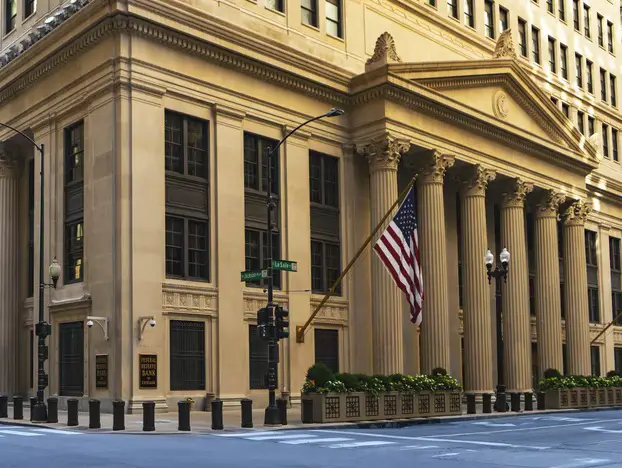Some analysts are predicting the biggest rate increase since 1994 when the Fed meets this week to hash out monetary policy.
The two day meeting will conclude Wednesday, with the decision due at 2PM in Washington. Powell, and other members had been indicating the most likely course was a 0.5% rate hike, however that was before an inflation report came out showing a 40 year high rate of inflation, which beat all expert estimates. On Monday the Wall Street Journal published a report saying a larger rate hike was “in play.”
Major Wall Street firms have also begun predicting a larger hike. JP Morgan Chase & Co, Barclays Plc, Jefferies, Goldman Sachs, and Nomura Holdings all changed their call to a 0.75% hike this week, and Goldman and Nomura extended their prediction for another 0.75% hike at the Fed’s next meeting in late July.
The Fed has received a fair amount of criticism for continuing COVID stimulus payments longer than necessary, and allowing inflation to get a running start.
Meanwhile the inflation report’s effect is being compounded by additional data coming in. A survey from the New York Fed on Monday found one-year-ahead median inflation expectations rose to 6.6% in May, another record since the survey began in June of 2013.
Historically Powell has preferred to heavily telegraph any major policy changes, allowing the markets to digest them ahead of time and price in the expectations. It allows a slightly more aggressive policy, by limiting surprise and uncertainty. Some think for this reason, Powell may not want to increase uncertainty and institute a more aggressive policy at the same time, preferring to go with a 0.5% hike now, and then telegraph a more aggressive move later.
Evercore ISI’s Krishna Guha and Peter Williams wrote, “Once the Fed starts moving in 75s it would be hard to stop, and the combination of this and the Fed’s outcome-based approach to inflation feels like it could be a recipe for recession.”
The Fed may also be hesitant to act for fear it would highlight the poor forecasting by the Feds models, and an acceptance by the Fed they could not predict what they will need to do.

